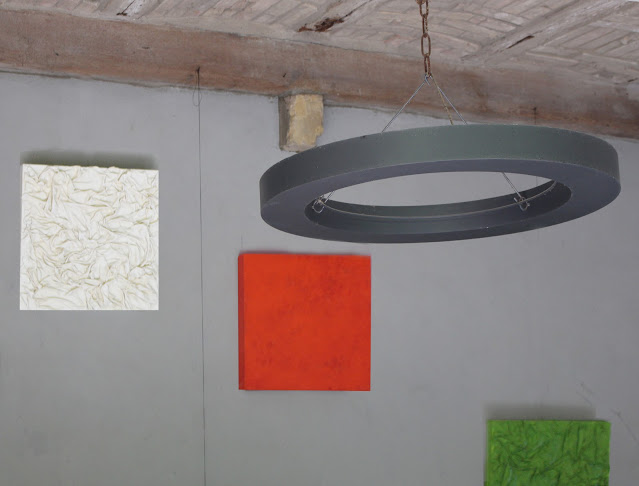GLOBAL WINNER architecture & landscape is 2023 rheingrün hofgarten
rheingrün hofgarten is a place where you can connect with the past and also discover contemporary
art,
readings and concerts. the historic, picturesque premises offer a stage for art, culture, people
and emotions – a unique setting for art and cultural pleasures. the aim is to create a lasting
connection to the rheinhessen region and the local people and wine, broadening horizons and sharpening senses in the enchanting garden.
iris leonhhardt : : skulptur installation malerei
The Best Of Wine Tourism Awards places a strong emphasis on excellence, diversity, and sustainability. Rheingrün Hofgarten exceeded the standards set by the most recent criteria and secured its status as the reigning champion in the Architecture and Landscape category for 2023.
The Best Of Wine Tourism Awards places a strong emphasis on excellence, diversity, and sustainability. Rheingrün Hofgarten exceeded the standards set by the most recent criteria and secured its status as the reigning champion in the Architecture and Landscape category for 2023.
Rheingrün Hofgarten is located in Rheinhessen, the largest of 13 German wine regions. It offers a unique blend of the past and present, with its historical architecture seamlessly paired with contemporary art and design. The serene and verdant courtyard and garden enhance the overall experience, creating a harmonious balance between man-made and natural beauty. The combination of the past’s grandeur and the present’s freshness creates an unforgettable experience that sharpens the senses.
The garden provides a stunning backdrop for art, culture, and human connection, making it the ideal destination for those seeking a cultural experience.
“We are excited to bring new life to this historical address and continue its legacy as a beloved place for community gathering,” says Iris Leonhardt and Jürgen Süß, owners of Rheingrün Hofgarten.
A historic feat foundational to community and place
The meaning, ‘Rheingrün Hofgarten’, underlines the region’s heritage that is preserved with consistent visual cues embroidered in the garden.
The Westhofen village’s narrative dates to the early Middle Ages. Originally owned by the monastery ‘Wissembourg’ in what is now Alsace, France, the village later became part of the crown again. However, it was almost destroyed during the 30-year war between 1618-1648, a conflict that devastated much of Germany and left the region struggling to recover for decades.
One of the casualties of the war was the local farmhouse, which was completely ruined. However, the farmhouse was rebuilt during the 17th and 18th centuries and served as a farmhouse until the early 19th century. At that time, the owners of the farmhouse decided to modify it and open it as a restaurant, dance floor and pub called ‘The Green Swan’. During the 1840s, it became a meeting place for revolutionary groups.
Timeless Architecture & Landscape
The garden is designed in the Baroque style, characterised by a central axis that runs from the entrance to the end of the garden, with smaller paths branching off. This creates a strong, structured design reminiscent of 18th-century gardens. As the plants grow and flourish, they overflow onto the pathways, softening the strict architecture. Visitors can enjoy various parts of the garden at different times of the year, each with its own unique colours, textures, and scents.
According to Jürgen, the best time to visit Hofgarten is from the beginning of May until mid-June, when everything is in bloom. During this period, the garden offers a variety of events for locals and travellers to connect. From concerts, exhibitions, and readings to fine dining and wine tasting, groups are invited to register in advance for a leisurely day away from their usual routine. Visitors can also book accommodation and explore the countryside and nearby towns, the ShUM Sites of Speyer, Worms, and Mainz, an UNESCO World Heritage.
The Rheingrün Hofgarten is approximately 60 km from Frankfurt International Airport and easily accessible via the Autobahn A61. This major roadway connects the Netherlands with the southern part of Germany and passes through the towns of Bonn, Koblenz, and Ludwigshafen. Visitors will find Westhofen on the left side of the River Rhine. The garden is located directly opposite a church, making it an easy find.








